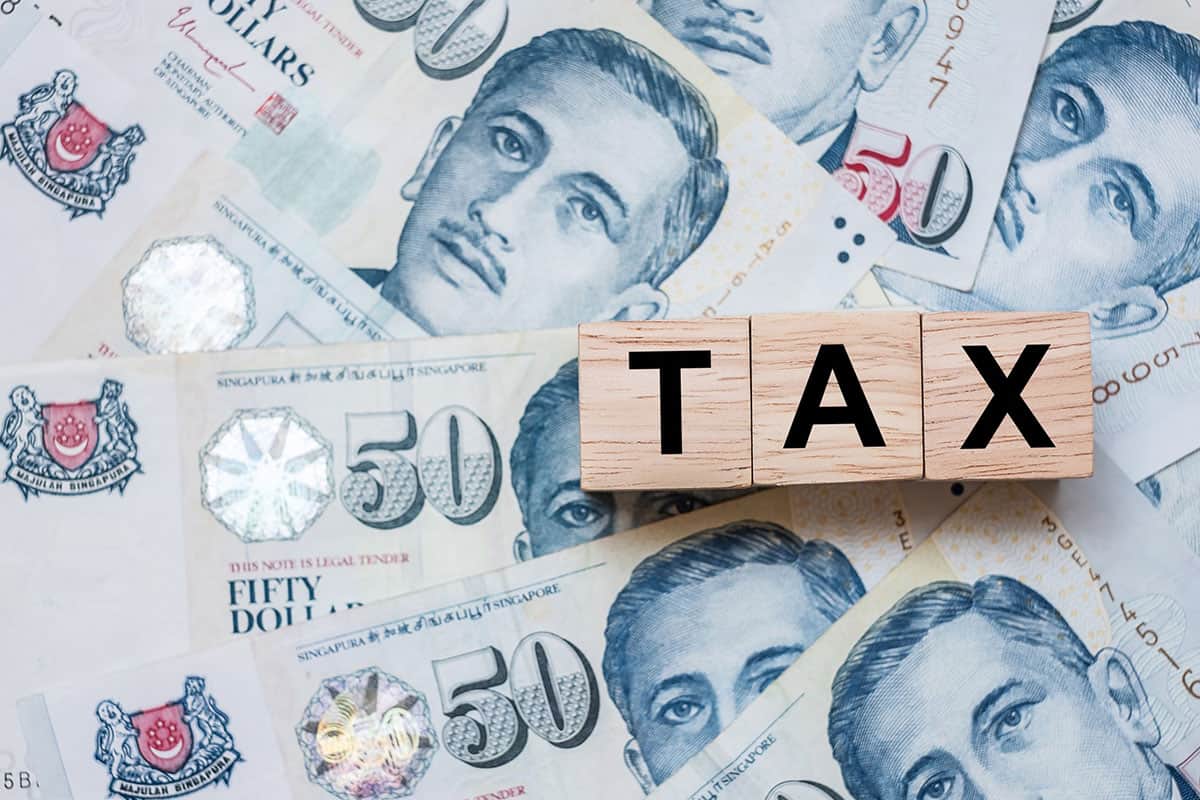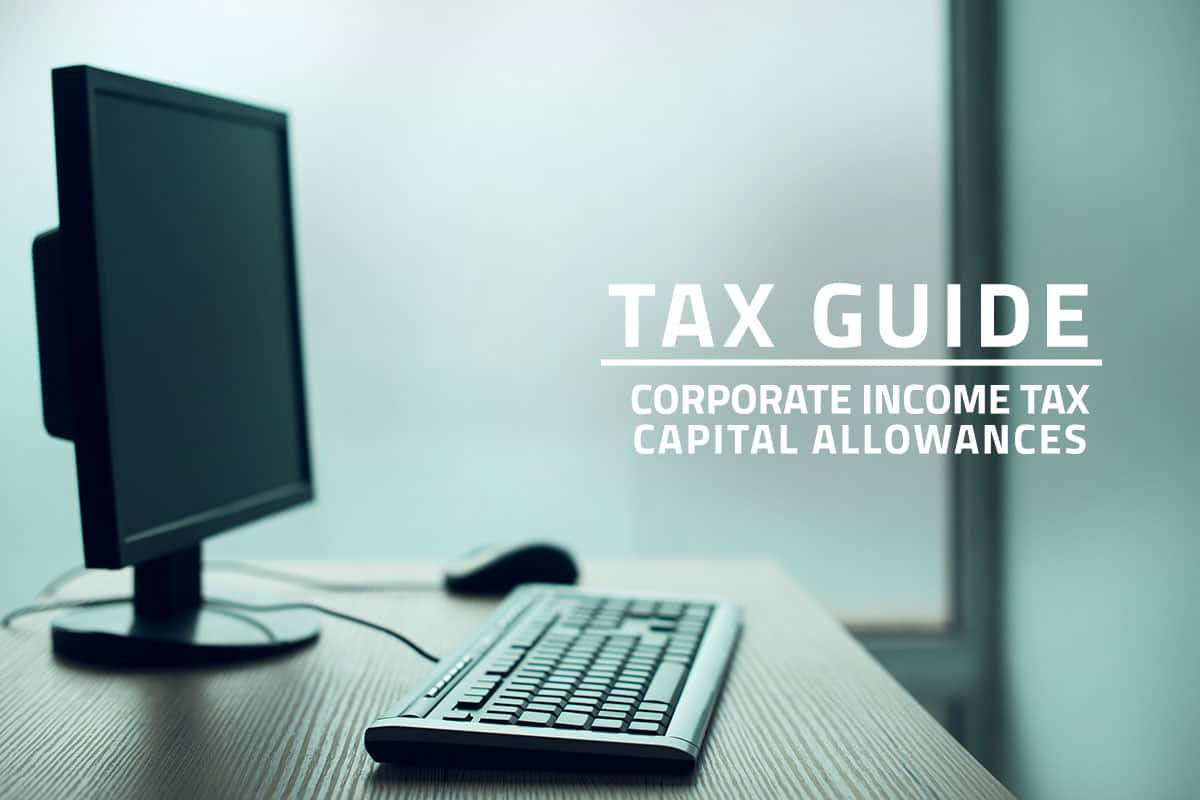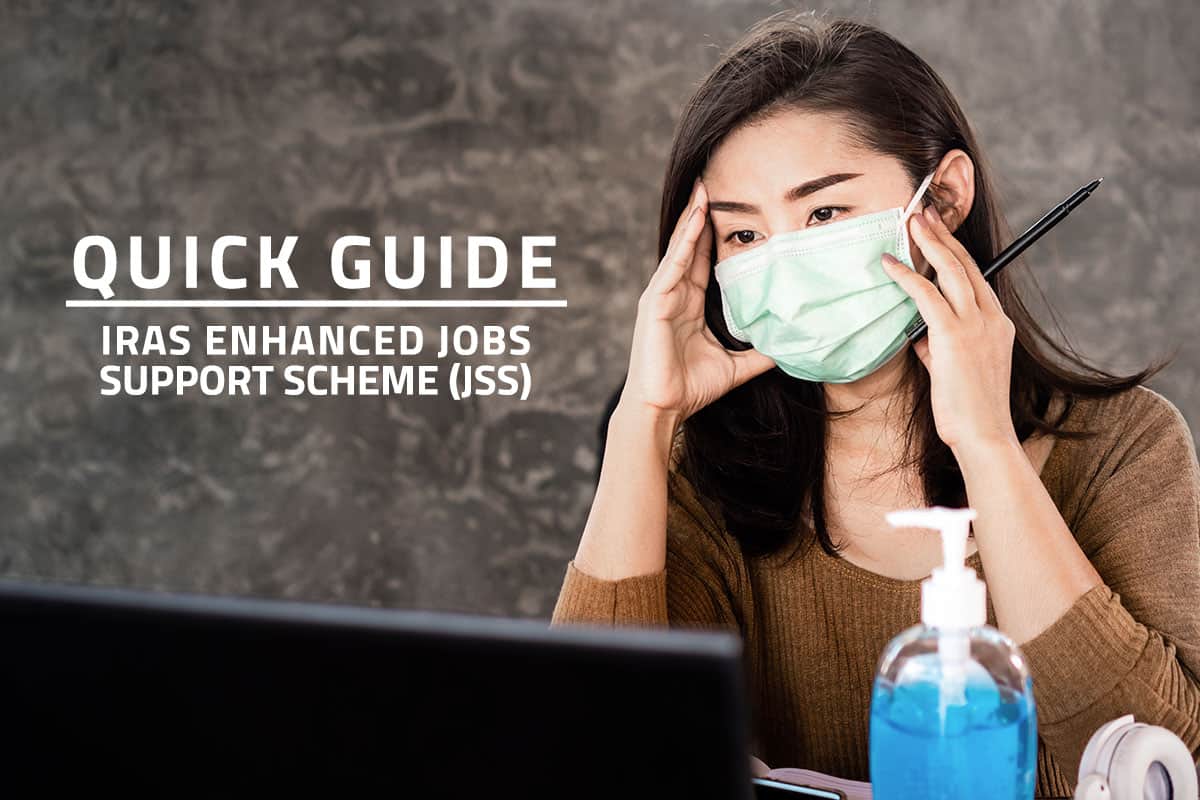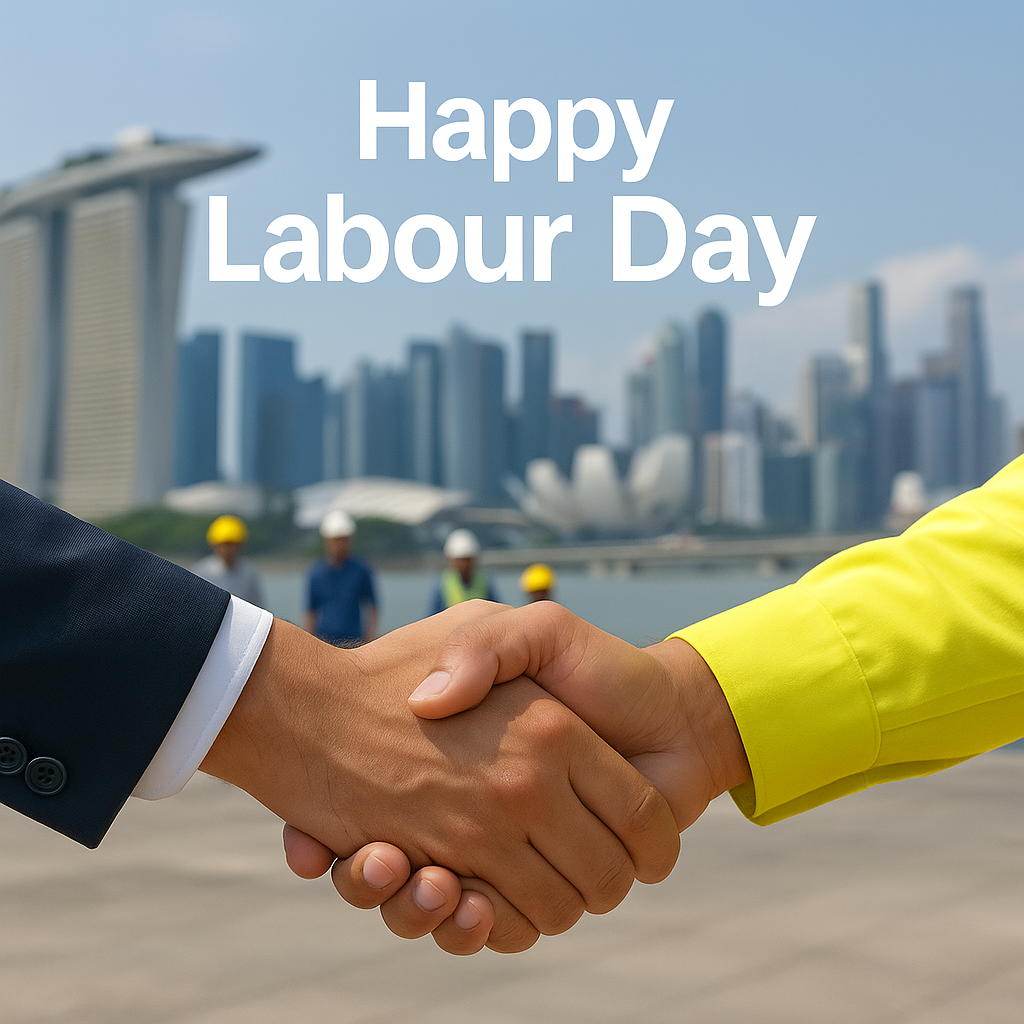Goods and Services Tax or GST is a broad-based consumption tax charged in addition to the price of imported goods, as well as a wide-ranging category of goods and services in Singapore. GST is administered by IRAS and is more commonly known as the Value-Added Tax (VAT) in overseas developed countries such as Japan or Korea. GST registered companies may claim back GST incurred on business expenses and quarterly GST returns are submitted to IRAS.

The current GST rate is 7% on taxable supplies. For instance, if the base price of a hair dryer is set at SGD500, an SGD35 GST is levied on the product price. Singapore GST legislation specifies mandatory registration for Singapore incorporated companies as a GST Registered Company if the value of taxable sales made exceeds a specified threshold as stated in the Goods and Services Tax Act of Singapore.
Singapore GST basic overview
Goods and services and its respective GST scope are categorised in the following bucket:
| Singapore Local Market | Taxable Supplies | Non-taxable Supplies |
|---|---|---|
| Goods and Services | Standard rated supplies and Zero-rated supplies | Exempt supplies and out of scope supplies |
Most goods fall under the standard rated supplies category where 7% GST is charged on the base price of the item. These include restaurant meals or clothing or sports equipment. Export items are zero-rated supplies where GST is not levied. Exempt supplies are specific goods and services where GST is not levied, such as residential properties transactions. Out of scope supplies, on the other hand, are overseas transactions that do not take place in Singapore and includes all private transactions between two private parties.
GST Exempt Supplies
Singapore GST legislation specifically exempts certain goods and services from GST levy. Such items include the provision of financial services, sale and lease of residential properties, and import and local supply of investment precious metals. Exports and international services are also exempt from GST, where these goods are zero-rated instead of the fixed 7% GST rate being charged and currently enforced. When submitting GST returns, the value of exempt supplies needs to be determined and reported.
GST Incentive Schemes
IRAS has put in place various GST schemes that may be relevant for different types of business in Singapore to better manage their GST related sales and cash flow planning. A list of these schemes can be found on the official IRAS website under: .
One example is the Import GST Deferment Scheme (IGDS) where approved GST registered businesses pay GST on import payments when monthly GST returns are due instead of the point of importation. Under the Zero GST (ZG) Warehouse Scheme, import GST on overseas goods is not levied when the goods are moved into a ZG warehouse. GST is payable only when the imported goods leave the warehouse and enter the Singapore market. Businesses can also look up various industry-specific schemes available. For instance, businesses under the logistics sector can look up the Approved Third Party Logistics (3PL) Company Scheme where successful qualifying logistics companies that provide logistics management services to overseas clients do not need to pay import GST or charge GST on the supplies of their overseas clients’ goods.
Consulting a qualified tax professional may be a good option to clear any doubts regarding the GST scope and various incentive schemes in place. Seeking the help of a tax expert will ensure efficient processing of administrative matters in terms of application for incentive schemes and being GST compliant in Singapore.
Related Posts
Tax Guide: Singapore Capital Allowances
By law, all Singapore Companies are required to file annual income tax returns to the…
Quick Guide: IAS 20 – Accounting for Government Grants
This year, the COVID-19 crisis has adversely impacted the global economy. Singapore is no exemption,…
Singapore Guide: ISCA FRB 6 – Accounting for Jobs Support Scheme
This year, the COVID-19 pandemic has inevitably adversely impacted the global economy. Singapore companies and…
Quick Guide: Singapore’s Enhanced Jobs Support Scheme (JSS)
The Singaporean government launched the Jobs Support Scheme (JSS) in late April as part of…












